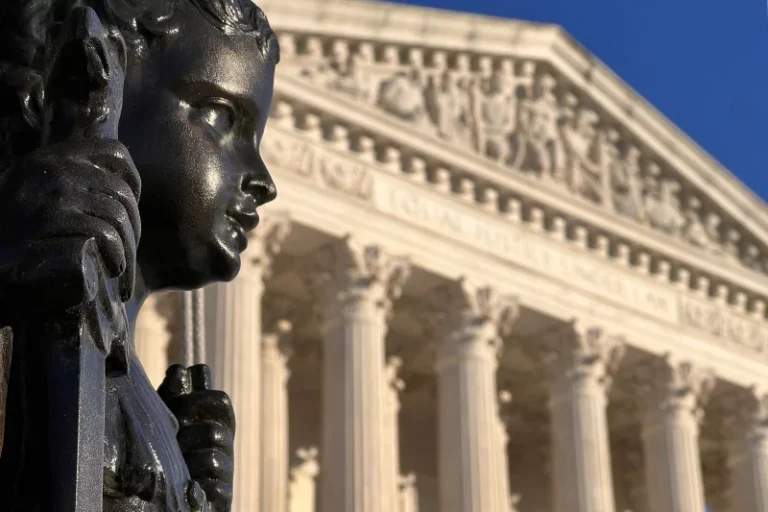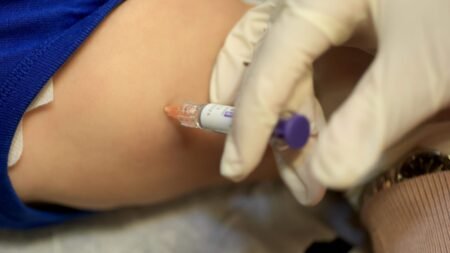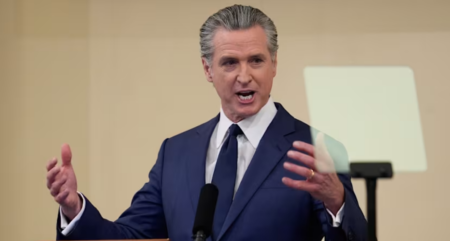The U.S. Supreme Court has upheld a key part of the Affordable Care Act (ACA), protecting access to many free preventive health services. The 6-3 decision means that roughly 150 million Americans will continue to receive screenings, medications, and care without out-of-pocket costs.
The case focused on whether a federal task force, which recommends the services to be offered for free, was legally appointed. Opponents argued that the group’s setup was unconstitutional. Two lower courts agreed. However, the Supreme Court rejected that view.
Chief Justice John Roberts and Justices Amy Coney Barrett and Brett Kavanaugh joined the court’s three liberal justices in the majority. Justice Kavanaugh, writing for the majority, said the Department of Health and Human Services (HHS) has the authority to appoint the task force members. He added that the Secretary of HHS supervises the task force, keeping it in line with constitutional rules.
The ruling means the U.S. Preventive Services Task Force can continue to guide the list of no-cost services under the ACA. These include cancer screenings, vaccines, birth control, and more.
The case started after the task force classified PrEP—medication to prevent HIV—as essential. Under the ACA, this coverage includes doctor visits, lab work, and medication without extra costs. Without insurance, this care would be too expensive for many Americans.
The plaintiffs, a group of religious individuals and businesses, objected to this. They said covering PrEP goes against their beliefs because it encourages behavior they don’t support. The lead plaintiff, Braidwood Management, is run by a conservative activist known for opposing the ACA in past cases.
Those who backed the ACA argued that removing free preventive care would create serious health risks. They said people might skip screenings or early treatments if they had to pay out of pocket.
Public health experts emphasized the wide impact of the law. Dr. Mark Fendrick, a health policy professor at the University of Michigan, said no other health rule affects more Americans than the ACA’s preventive care coverage.
The ACA was signed into law in 2010. Since then, it has changed how Americans access health services. Millions have benefited from early detection and prevention thanks to free services such as blood pressure tests, cancer checks, and vaccinations.
The legal issue focused on the Appointments Clause of the Constitution. Critics said that since the task force members were not appointed by the President or confirmed by the Senate, their role was invalid. The Supreme Court disagreed.
The court ruled that the task force members are not “principal officers.” Instead, they are “inferior officers” who can legally be appointed by the head of a department, in this case, the HHS Secretary. Because the Secretary also oversees and can remove these members, the system is lawful.
With this decision, existing preventive care services remain intact. These services play a crucial role in keeping health costs down by detecting illness early and improving overall public health.
Opponents had hoped the ruling would weaken or overturn parts of the ACA. Instead, the court’s decision reinforces the law’s staying power. It also confirms that the federal government can use expert panels to make health policy decisions.
Many people may not realize how central preventive care has become in their lives. Services like cancer screenings, vaccines, and prenatal care are now routine and free under many insurance plans. Without the ACA, these could come with significant costs.
The ruling also means that new services recommended by the task force can continue to be added to the list of free offerings. Health advocates believe this will encourage innovation and early care across the country.
While other challenges to the ACA may arise in the future, this decision shows the court’s support for the preventive care framework. For now, Americans can continue to access these vital health services without extra cost, strengthening both individual and public health.







